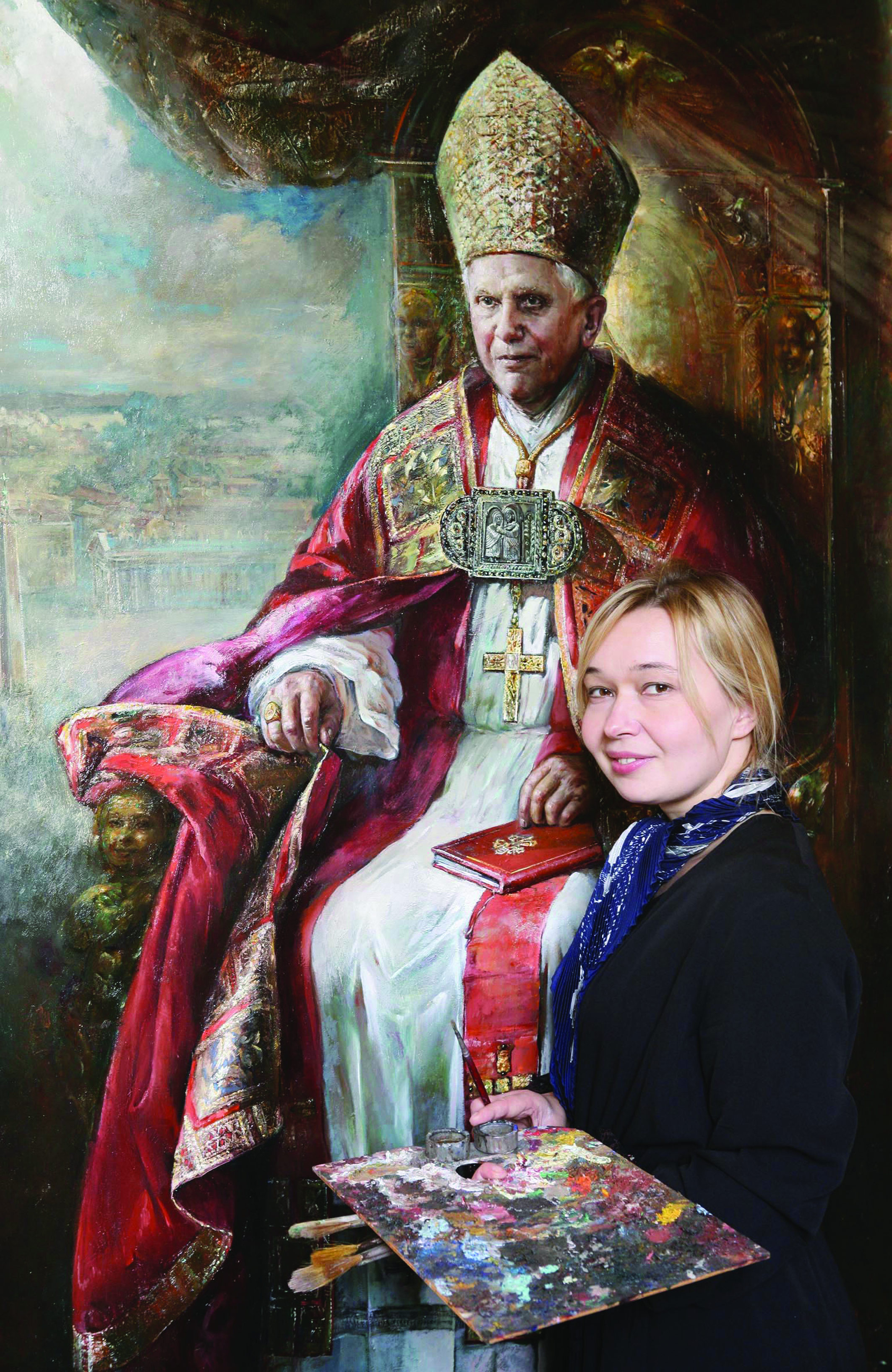“Only someone who has encountered mercy, who has been caressed by the tenderness of mercy, is happy and comfortable with the Lord.” —Cardinal Jorge Bergoglio, April 27, 2001, in his presentation in Buenos Aires of a book by Father Luigi Giussani
“We cannot insist only on issues related to abortion, gay marriage and the use of contraceptive methods. This is not possible. I have not spoken much about these things, and I was reprimanded for that… The teaching of the Church, for that matter, is clear and I am a son of the Church, but it is not necessary to talk about these issues all the time.” —Pope Francis, interview in Civiltà Cattolica released September 19
“I am a sinner whom the Lord has looked upon. I am one who is looked upon by the Lord.” —Pope Francis, ibid.
Pope Francis, in his recent Civiltà Cattolica interview, has been profoundly misunderstood. Those who praise him think he is changing, or may be preparing to change, Catholic moral teaching. The Guardian of London wrote on September 20: “In the most sensational interview, the Pope has attempted to change the whole direction of modern Catholicism.” This is not true — at least not as The Guardian intends it. Francis tells us that he is “a son of the Church,” and so accepts and defends Church teaching, and has no wish to alter it.
Those who blame him say he is being imprudent, giving the impression that he is “downplaying” the gravity of moral evils like abortion and sexual immorality. But Pope Francis was not “downplaying” evil. Rather, he was focusing on something else: the encounter with Christ. Conversion to Christ. The most essential thing of all.
What could seem a “scandalous” levity toward immorality is rather an emphasis on conversion to the living Christ as the source and wellspring of a deeper moral life. And in this new emphasis, yes, it may be true that he is attempting “to change the whole direction of modern Catholicism.” For Pope Francis has a very special vision of Christian conversion and Christian life, based on the “encounter” with Christ.
Twelve years ago, on April 27, 2001, Cardinal Jorge Mario Bergoglio (now Pope Francis) gave a talk in Buenos Aires at the presentation of a book by Father Luigi Giussani, the founder of the Communion and Liberation Movement. (Bergoglio had started reading Giussani’s works around 1990, and had come to share his conviction that the fundamental dynamic of the faith was a real “encounter” with Christ.)
Bergoglio said of the book: “It is the description of that initial experience… of wonder which arises in… the exceptionally human and divine presence and gaze of Jesus Christ.” He continued: “Everything in our life, today just as in Jesus’ time, begins with an encounter. An encounter with this Man, the carpenter of Nazareth… We cannot understand this dynamic of encounter which brings forth wonder and adherence if it has not been triggered — forgive me the use of this word — by mercy. Only someone who has encountered mercy, who has been caressed by the tenderness of mercy, is happy and comfortable with the Lord. I beg the theologians who are present not to turn me in to the Holy Office or to the Inquisition; however, forcing things a bit, I dare to say that the privileged locus of the encounter is the caress of the mercy of Jesus Christ on my sin.”
So even in 2001, long before he became Pope, Bergoglio was speaking in terms of “encountering mercy” toward his “sin” in a way he knew might perplex people, might “raise eyebrows” at the Holy Office.
Yet he also explained, already in 2001, how this experience of God’s “merciful embrace” prompted a commitment to traditional morality — that the one led to the other. He wrote that, after this experience, “we feel a real desire to respond, to change, to correspond; a new morality arises.” In other words, the encounter comes first, then ethics, “an ethics which is born of the encounter, of this encounter which we have described up to now.” He added: “Christian morality is not a titanic effort of the will, the effort of someone who decides to be consistent and succeeds, a solitary challenge in the face of the world. No. Christian morality is simply a response. It is the heartfelt response to a surprising, unforeseeable, ‘unjust’ mercy… The surprising, unforeseeable, ‘unjust’ mercy… of one who knows me, knows my betrayals and loves me just the same, appreciates me, embraces me, calls me again, hopes in me, and expects from me. This is why the Christian conception of morality is a revolution; it is not a never falling down but an always getting up again.”
For Bergoglio, moralities not rooted in this “encounter with Christ” are “efforts at prayer and immanent spirituality which never go beyond themselves.” And, for him, “going beyond oneself,” toward Christ, encountered in the Church, is the essence of the Gospel: “Jesus is encountered, just as 2,000 years ago, in a human presence, the Church, the company of those whom He assimilates to Himself, His Body, the sign and sacrament of His Presence.” So, here is the point: Pope Francis, the head of the Church, is seeking to make the Church, if it will follow his lead, into a place where others may “encounter” Jesus. Will anyone come? Francis believes they will. He believes, with St. Augustine, that human beings were made for God. “From the depths of my being, something attracts me toward Someone who looked for me first, is waiting for me first, is the ‘almond flower’ of the prophets, the first to bloom in spring,” he said. “It is the quality which God possesses and which I take the liberty of defining by using a Buenos Aires word: God, in this case Jesus Christ, always primerea, goes ahead of us. When we arrive, He is already there waiting.”
Pope Francis spends time in silent prayer each morning after Mass. He spends time “with the Lord” to know Him more, to love Him more, to serve Him more. Francis is suggesting we all step down occasionally from “saving others” or the important work we do “in the world” to look within. Spend time with Jesus. Ask Him what we should do. Love is healing. Love is inviting. The Christian faith, in its essence, is not about finger-pointing, which does not heal and makes people turn away. It is about looking upon people with the love of Christ, the same love with which he looked upon us when we were far from Him. This is what Pope Francis is saying.




Facebook Comments